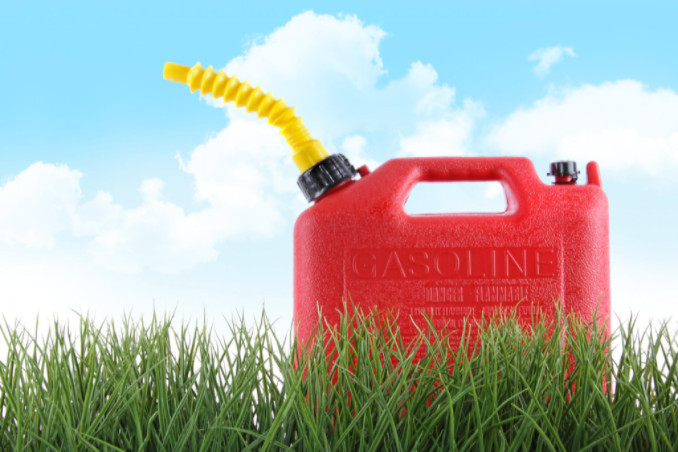We’ve all been there before. Trading glances between our car’s fuel gauge and the gas station marquis at the Shady Mart on the corner, wondering if we can make it to the sanctuary of our preferred gas station or be forced to defile our tank with the generic gasoline peddled at the corner market.
Okay, so maybe that’s an exaggeration of the stakes, but this is a question that plagues a majority of drivers: Will cheap gas hurt my car?
The answer to this questions varies depending on the source, but the question itself goes back to a time before computer-controlled engines. Not only were gasoline quality standards more widely varied, vehicles were more vulnerable to contaminants. Although older carburetor engines would burn just about anything that was flammable, the filtration systems were minimal at best, which meant all of the impurities in the gasoline would burn and eventually deposit directly into the engine.
Modern EPA regulations required automakers to develop complex fuel delivery systems in order to meet the stringent emissions requirements in addition to delivering the fuel economy consumers demand. Improvements were also made in the regulation of gasoline quality standards.
Overall, these changes that have emerged in recent decades have made for very consistent fuel quality throughout the U.S. Also, most vehicles built in the last 20 years are extremely efficient at keeping any immediately harmful contamination away from the combustion process.
So why do some gas companies tout better performance with their fuel and why does some gas cost more? This has more to do logistics.
Some stations with brand name backing are required to purchase fuel from their trucking sources and are thus less flexible to changes in pricing. Any decision to lower prices traps them into living with it longer than an independent station, so they are often much slower to respond to price decreases and very quick to respond to price increases. Independent stations have access and freedom to do business in the open market and can hedge against fluctuations in prices by by keeping prices lower than the larger competitors while remaining profitable.
Regarding the performance claims, many stations will add very low concentrations of additional detergents to their gasoline. Some sources claim it can be as little as a quart per 8,000 gallons. Whatever the amount, the argument could be made that these additives are redundant. Fuel regulations require all gasoline to contain a certain concentration of detergents regardless of the source.
Although each fuel company will point to laboratory studies that prove their fuel is superior, in reality, the vast majority of fuels are the same. In fact, many of the major fuel suppliers with highly recognized brand identities actually get fuel from the same sources, with the only difference being the proprietary blend of additives added in fractional amounts to the storage tanks.
The question of whether cheap gas is bad for your car may be obvious to some by now, but can be answered best by evaluating why the gas is “cheap”. Vehicle maintenance is the responsibility of every driver. With greater insight into the workings of the fuel industry, consumers can be better equipped to make sound decisions.

